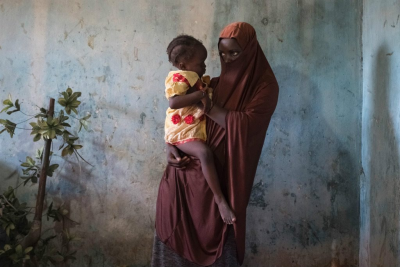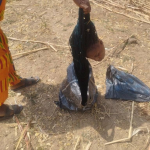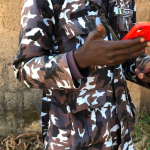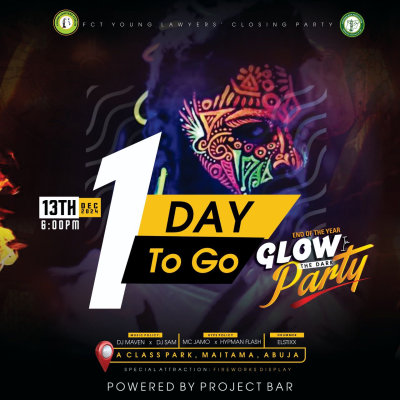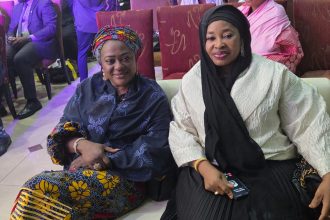In the rural communities of Dange Shuni Local Government Area of Sokoto State, child marriages remain a centuries-old tradition, robbing young girls of their education and future aspirations.
Despite the enactment of the Sokoto State Child Protection Law 2021, the practice continues unabated, perpetuating cycles of poverty and gender inequality.
FIDA Nigeria Press Release on the International Day of the Girl-Child 2024

The Story of Aisha
Aisha, a 15-year-old from Bakwandi village, vividly remembers the day her life changed forever. At just 12 years old, she was forced into marriage by her parents and withdrawn from school.
“I was in primary school when my father told me I was getting married,” Aisha recounted. “I didn’t want to get married, but my parents said it was the only way to secure my future. At first, I hated my husband and even thought about taking my own life. But eventually, I resigned myself to fate.”

Aisha’s experience is not unique. Thousands of young girls in Sokoto face similar fates, driven by societal norms that prioritize early marriage over education.
FIDA Nigeria Calls for Action During 2024 16 Days’ of Activism Against Gender-Based Violence

Bleak Education Statistics
The Nigeria Multidimensional Poverty Index (MPI) 2022 reveals that Sokoto State has the second-highest percentage of people over age 10 who have not completed primary education. UNICEF data further highlights the dire situation, with 71% of school-age girls in Sokoto married before 18.
Education—a fundamental right and a cornerstone of personal and societal development—is often sacrificed in favor of cultural practices. With 77% of girls over 10 lacking basic education in Sokoto, the prospects for economic empowerment and social mobility remain grim.
Journey from Student to Child Bride
Zainab, another young girl, shared her story. At 15, she dreamed of becoming a doctor, only to see her aspirations dashed when her parents arranged her marriage.
“I begged them to let me finish my exams,” Zainab said tearfully. “But they wouldn’t listen. They said it was time for me to become a wife.”

Now 24, Zainab reflects on the missed opportunities. Though her husband initially forbade her from continuing her education, she holds on to a faint hope of returning to school someday.
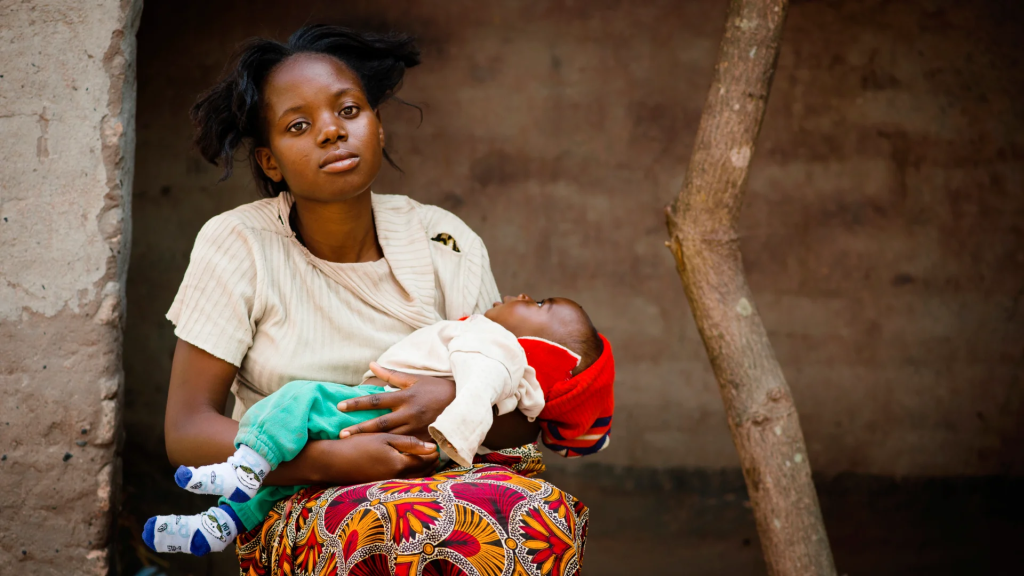
Violation of Child Protection Law
The Sokoto State Child Protection Law 2021 guarantees every child the right to free, compulsory, and universal basic education. Sections 15 and 26 of the law explicitly prohibit child marriage and sexual relations with girls under 18, even within marriage.
However, enforcement remains weak. Human rights lawyer Aliyu Shehu described the law as “toothless,” citing the lack of implementation as the primary issue.
Government Initiatives and Gaps
The Sokoto State Education Sector Operational Plan (2023–2025) outlines policies aimed at increasing girls’ enrollment and retention in schools. These include cash transfers to families, grants to schools, and community sensitization programs.
Yet, the absence of policies to support married girls who wish to return to school undermines these efforts. Furthermore, government implementation of existing plans has been minimal, leaving many initiatives unfulfilled.
The Need for GRESP Framework
Education experts advocate for the adoption of a Gender-Responsive Education Sector Planning (GRESP) framework. Mukhtar Shehu, an education specialist, emphasized that GRESP would address the unique challenges faced by girls in Sokoto.
“Economic incentives, community-based education programs, and partnerships with traditional leaders are crucial,” Shehu explained.
Amina Umar, a child rights advocate, added that robust monitoring systems are needed to track progress in girls’ enrollment, retention, and learning outcomes.

The Path Forward
To combat child marriage and its impact on education, Sokoto State must prioritize the enforcement of child protection laws, allocate resources for inclusive education, and challenge harmful cultural practices.
The stories of Aisha and Zainab are a stark reminder of the urgent need for action. Education is not just a right; it is a lifeline for girls trapped in cycles of poverty and marginalization. Sokoto must do more to ensure that every girl has the chance to dream, learn, and thrive.
This report was produced with support from Impact House and the System Strategy and Policy Lab (SSPL).
SPECIAL REPORT:
By Abdulwasiu Olokooba



